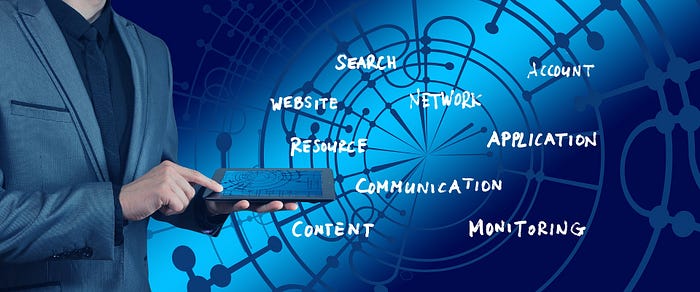The Impact of Big Data on Healthcare: Insights and Opportunities
Big data has had a transformative impact on many industries, including healthcare. The ability to collect and analyze large amounts of data has opened up new opportunities for healthcare organizations to improve patient outcomes, streamline operations, and drive innovation.

In this blog post, we will explore the impact of big data on healthcare and the opportunities it presents for healthcare organizations.
- Improving patient outcomes Big data has the potential to improve patient outcomes by enabling healthcare organizations to better understand patient needs and preferences. By analyzing patient data, including medical records, lab results, and social determinants of health, healthcare organizations can develop personalized treatment plans and identify potential health risks before they become serious.
- Enhancing operational efficiency Big data can also be used to enhance operational efficiency in healthcare organizations. By analyzing operational data, such as patient flow, resource utilization, and supply chain management, healthcare organizations can identify areas for improvement and optimize their operations for greater efficiency.
- Driving innovation Big data is also driving innovation in healthcare. By enabling healthcare organizations to collect and analyze data from a variety of sources, including wearables, genomics, and social media, big data is unlocking new opportunities for research and development of new treatments and therapies.
- Improving healthcare delivery Big data is also improving healthcare delivery by enabling healthcare organizations to identify areas of inefficiency and waste. By analyzing data on healthcare utilization and costs, healthcare organizations can develop strategies to reduce costs, improve patient access to care, and enhance the overall quality of care.
- Enhancing public health Finally, big data is playing a critical role in enhancing public health. By analyzing data on disease outbreaks, environmental factors, and social determinants of health, healthcare organizations and public health agencies can identify potential health risks and develop strategies to prevent or mitigate the impact of these risks.
In conclusion, the impact of big data on healthcare is significant and far-reaching. By improving patient outcomes, enhancing operational efficiency, driving innovation, improving healthcare delivery, and enhancing public health, big data is transforming the healthcare industry and unlocking new opportunities for healthcare organizations. As healthcare organizations continue to collect and analyze more data, the role of big data in healthcare will only become more important.
